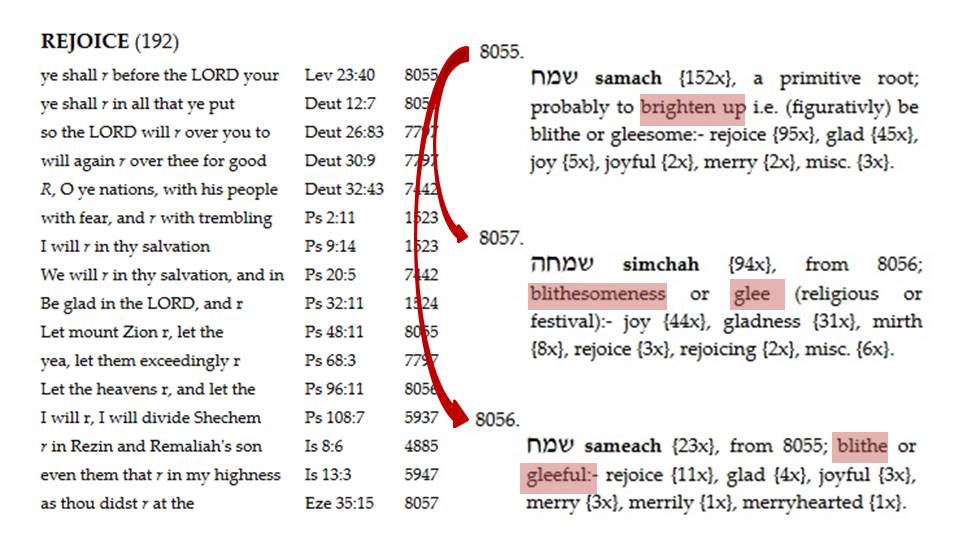


Those who resist will be made unable to see the truth, at all.Īfter insisting that he and his co-workers openly and clearly teach the gospel, Paul has repeated that this does not mean everyone understands his teaching. This glory is revealed to humanity in Christ, but the veil is only removed from those who turn to the Lord (2 Corinthians 3:16). In the previous chapter, Paul wrote about a veil that keeps those hardened by sin from being able to see God's glory. This was Paul's comment in the previous verse (2 Corinthians 4:3). He is the radiance of the glory of God and the exact imprint of his nature, and he upholds the universe by the word of his power.The truth of the gospel-the "good news" about Jesus-is veiled from those who are perishing. In their case the god of this world has blinded the minds of the unbelievers, to keep them from seeing the light of the gospel of the glory of Christ, who is the image of God. “Whoever sheds the blood of man, by man shall his blood be shed, for God made man in his own image. ( Genesis 1:26-27)Īnd have put on the new self, which is being renewed in knowledge after the image of its creator. And let them have dominion over the fish of the sea and over the birds of the heavens and over the livestock and over all the earth and over every creeping thing that creeps on the earth.” So God created man in his own image, in the image of God he created him male and female he created them. Then God said, “Let us make man in our image, after our likeness.

Striving to bring about the imago Dei in one's life can be seen as the quest for wholeness, or one's "essential" self, as pointed to in Christ's life and teachings. The ability and desire to love one's self and others, and therefore, God, can become neglected and even opposed. humans can, in their freedom, choose to deny or repress their spiritual and moral likeness to God. However, the freedom which makes the human in God's image is the same freedom which manifests itself in estrangement from God. This freedom gives the human-centeredness and completeness which allows the possibility for self-actualization and participation in a sacred reality.
#Image of a bible concordance free#
Humans differ from all other creatures because of their rational structure - their capacity for deliberation and free decision-making. The human's likeness to God can also be understood by contrasting it with that which does not image God, i.e., beings who, as far as we know, are without self-consciousness and the capacity for spiritual/ moral reflection and growth. The moral implications of the doctrine of imago Dei are apparent in the fact that if humans are to love God, then humans must love other humans, as each is an expression of God. In other words, for humans to have the conscious recognition of their being in the image of God means that they are the creature through whom God's plans and purposes can be made known and actualized humans, in this way, can be seen as co-creators with God. To say that humans are in the image of God is to recognize the special qualities of human nature which allow God to be made manifest in humans. The term imago Dei refers most fundamentally to two things: first, God's own self-actualization through humankind and second, God's care for humankind. This is a longer definition of “Imago Dei” as provided by pbs.org: These unique qualities make humans different than all other creatures: rational understanding, creative liberty, the capacity for self-actualization, and the potential for self-transcendence. Thus, humans reflect God's divine nature in their ability to achieve the unique characteristics with which they have been endowed. The phrase has its origins in Genesis 1:27, wherein "God created man in his own image." This biblical passage does not imply that God is in human form, but that humans are in the image of God in their moral, spiritual, and intellectual essence. "Image of God" is defined as the metaphysical expression, associated uniquely to humans, which signifies the symbolical connection between God and humanity. “Imago Dei” comes from the Latin version of the Bible, translated to English as “image of God.”


 0 kommentar(er)
0 kommentar(er)
